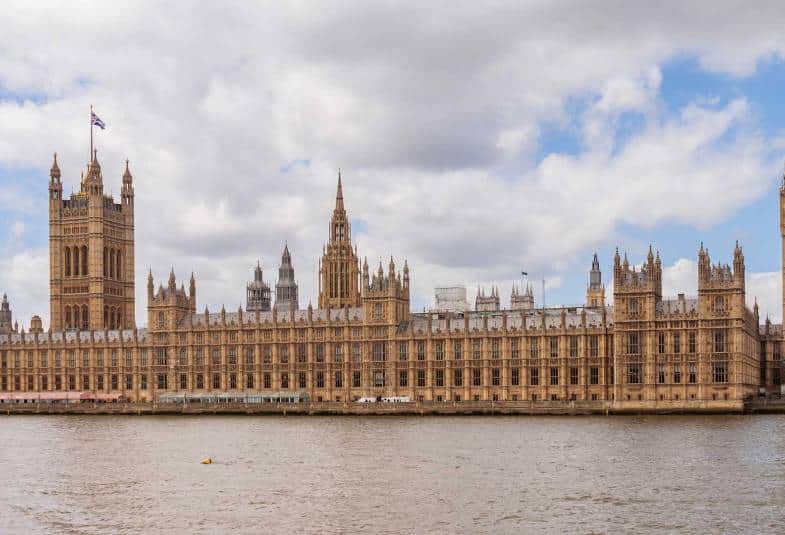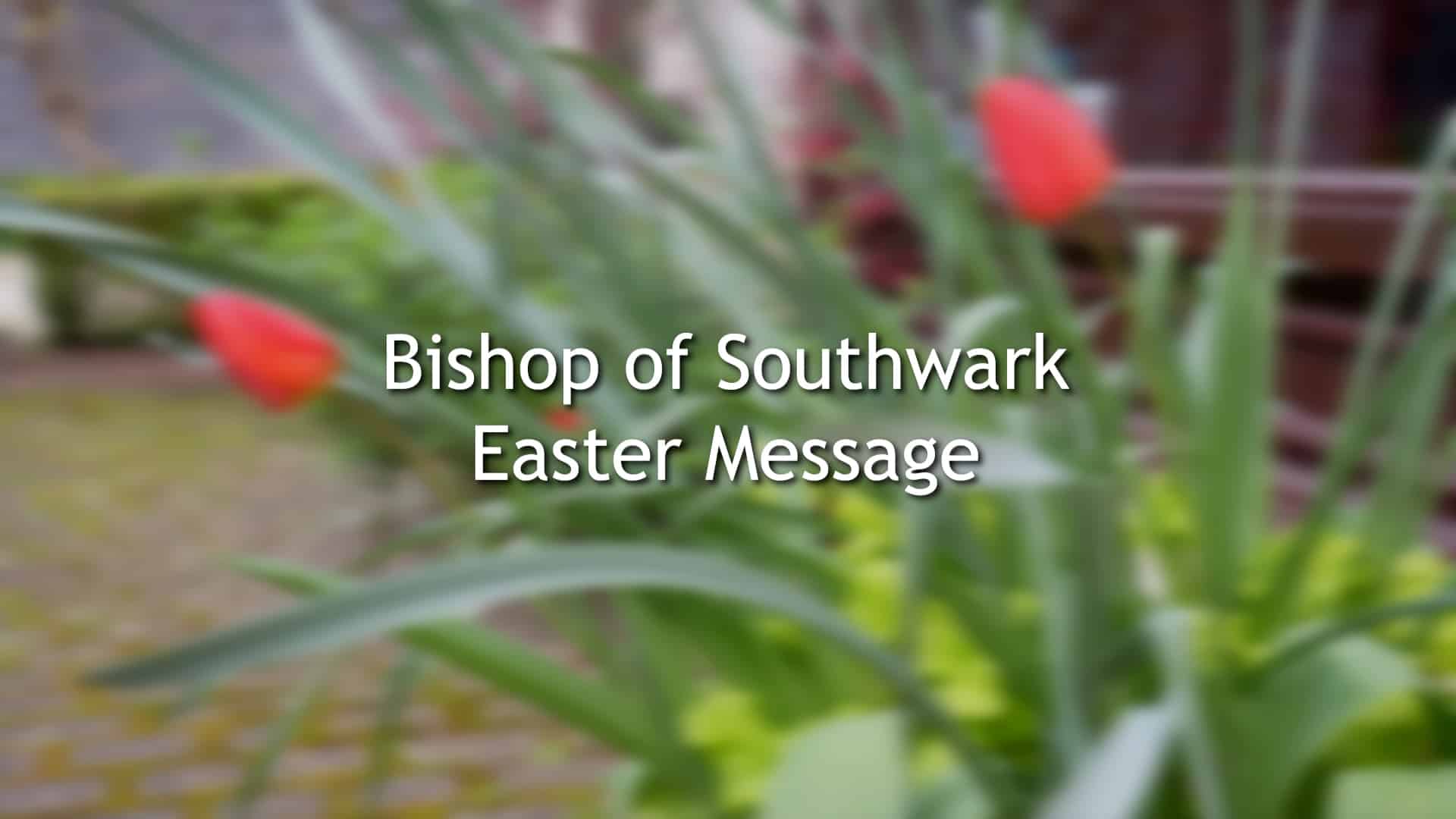Members of Synod, my brothers and sisters in Christ, Advent is a wonderful season, full of hope and promise as we focus on God fulfilling his loving purposes in the coming of Jesus Christ both in his Nativity and in his coming return which we await with eager longing. It is therefore a time for waiting, watching, listening and learning, themes I wish to pick up in my Presidential Address this morning.
I speak to you in the last month of what has been a strange, testing and troublesome year in which there has been suffering, isolation and every sort of adversity. Thankfully, our National Health Service has not been overwhelmed, those responsible for front line delivery of services have responded with utter dedication and in the coming days vaccination programmes will, God willing, commence in earnest. We hope and pray they will be effective and in the New Year things will begin to turn round for the better. In the Diocese our learning has been about realising that to work together for common purpose, to bear one another’s burdens and to extend a helping hand to those in need, has not only strengthened relationships as we strive to build the kingdom of God, but also borne unexpected but very welcome fruit.
Southwark is an extremely diverse Diocese in so many ways – we are one of the largest in the Church of England – whether you are here representing one of our poorer parishes, or one of our most affluent areas, you will have seen that the Diocese has been one of the most successful – in fact placed second across more than forty dioceses – for maintaining its level of parish giving during the pandemic, providing in our case for mission and ministry across South London and East Surrey through the Parish Support Fund. Parishes have worked hard and held faith with their Deanery teams, with the Archdeacons, as well as with the Finance and Giving teams in the Diocesan Office, to maintain generous levels of giving and this a magnificent testament to our work together in testing times where the impact on and uncertainty for parish finances has been considerable. As we conclude this eventful year, we anticipate to be just 4% down on what we had been expecting to receive prior to a pandemic that has so blighted our economy. A 96% + level of giving is a truly exceptional achievement for which we can give heartfelt thanks and I express personal thanks to all our parishes.
We have learned too that the changes Synod approved in 2015 which streamlined governance and established clarity and transparency have enabled diocesan governance and management to continue uninterrupted throughout the pandemic and I thank our Diocesan Secretary and those who have worked with her in our management teams together with our trustees, particularly Michael Hartley, Chair of our Audit and Risk Committee, Nick Burt, Chair of the Policy and Finance Committee and Alan Saunders, Chair of the DBF for working so supportively together. I am grateful to the Diocesan Secretary for keeping the Diocesan Office open for part of each week, respectful of national directions.
We have learned more deeply the need for diocesan teams to have an ethos of serving parishes, of enabling and equipping them for mission and ministry, as we navigate our way through these challenging times. The strength of our inter-relatedness has been particularly strong. I also hope that the Coronavirus Task Group I set up in March has given useful guidance and a steer to clergy and lay leaders in our parishes across a complex web of guidance and instruction from Government and I have served on the Recovery Group chaired by the Bishop of London which has issued national church guidance to each diocese.
We give thanks for Zoom and all manner of virtual communication, on-line, live-streamed and pre-recorded worship, WhatsApp prayer groups and much creative pastoral outreach which have all played an amazing part in holding our praying communities together and in many places extending them; but in the loss and deprivation of the physical we have also learned to value afresh face-to-face communication, touch and physical presence which is of course equally vital. I have been reflecting that this is particularly true for pastoral ministry as it is also in the sacramental life of the Church and there is much rejoicing that now the second lockdown has come to an end public worship – the beating heart of our Eucharistic and parish communities of faith – is possible once again as we journey through Advent. I know that there is much sadness that congregational singing in our churches is not yet permitted – and this of course will impact greatly this year on carol services which attract so many people from the wider community who do not regularly come to church. I pay tribute to our parishes for the exemplary good practice and precautions which have been taken and put in place to ensure people can worship safely – indeed it is important for us all to be able to demonstrate that our churches are taking full responsibility in ensuring public safety. In parenthesis I will say that I will be looking very closely and communicating certain guidance for necessary pastoral visiting which I can see is essential. I just need to check what is legally possible and then I will communicate again on this with our clergy.
Whatever good and lasting developments there will most certainly be for on-line interaction – which we have increasingly come to depend on in recent months – we have a powerful theological steer of the sheer physicality of the Christian faith in this season of waiting and longing and hope as we prepare to celebrate the physical birth in Bethlehem of our Lord and Saviour. It is that physicality which has spurred us on to be ever more aware of the needs of our neighbours particularly those experiencing food poverty or isolation and to hold before us the injunction of Matthew 25: to reach out to the hungry, the thirsty, the stranger, the naked, the sick and those in prison in whom we find and see Christ.
A week ago I joined a very inventive Sleep-In for the Robes Project, of which I am Patron, working with homeless people in the Boroughs of Lambeth and Southwark where rather beautifully those who come for shelter are called ‘guests’ and are indeed honoured guests. In recent years a vast throng of between two and three hundred people have slept out in the Cathedral churchyard year by year to raise funds to pay for the key worker. This year we asked people to ‘sleep-in’ at home or in their gardens for the same purpose, while I joined the Dean at the Cathedral and made the best of a cold corner of the retrochoir for the night. There are so many inspiring stories of response in this Diocese during recent months and I hope they will long continue to be told. Just under a month ago, the Living in Love and Faith resource was published. At the time of its publication, the College of Bishops wrote to all the clergy of the Diocese commending the materials for study and reflection, and committing ourselves to a process of listening and learning. I have now asked the Bishop of Croydon to convene a small group, representing the diversity of the Diocese, to help steer us through this process over the next year or so. We will also undertake to provide extra support for those for whom this process and conversation is especially difficult.
If we are to engage well with LLF, it is essential that all voices are heard, that everyone is able to tell their own story of faith while listening respectfully to voices that differ. There is a wealth of resources on the LLF website, which I encourage you to look at, including material which might be used in small meetings such as Lent study groups. Across the Diocese, we will, during 2021, provide wider opportunities for learning.
We have in Southwark established a good and godly practice of seeking to speak well of one another: this is something I have commended continuously with heartfelt sincerity during my now ten years serving as Diocesan Bishop. Together with my episcopal colleagues, I would like to invite you into this learning exercise in that spirit – both to speak and to listen well. I remember saying some time ago that I do not envisage a change to Canon Law in relation to marriage in my lifetime. LLF is not a legislative process; but I do see room for vast improvement in the way we encounter and live with very obvious difference in the realm of relationships and human sexuality. Engaging in this conversation will not compromise anyone’s deeply held beliefs. It is not intended to. Nor will it prejudice any future discussions about the Church’s teaching or practice. Its fruit I pray will be to deepen awareness and understanding of our brothers and sisters in Christ, of each other and to do that in a spirit of openness and love. My hope is that we will grow closer together during this coming year, learning more about the faith that unites us in love across the wonderful diversity of the Diocese, the Lord being our helper. Thank you all.






